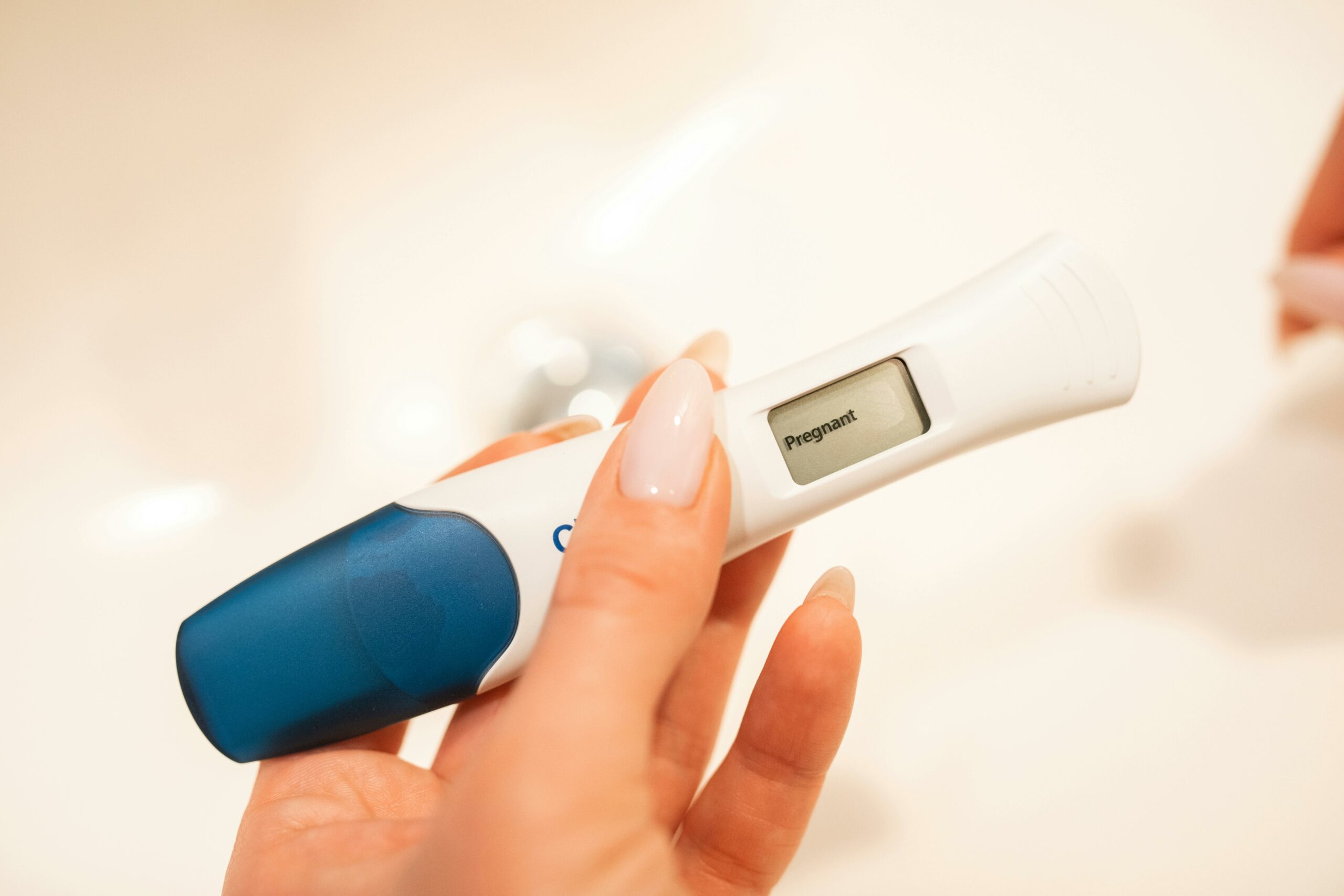Family Planning: 6 Effective Contraception Methods for Women in Singapore
Family planning is an essential aspect of modern life, empowering women to take control of their reproductive health. In Singapore, various contraception methods are available to cater to diverse lifestyles and needs. Understanding these options is crucial to making informed decisions about your health and future. Here’s a comprehensive guide to six effective contraception methods for women in Singapore.
Why Family Planning Is Important
Family planning allows women to plan pregnancies at the right time, improving maternal and child health outcomes. It also supports career aspirations, personal goals, and financial stability. With multiple contraception methods available, women in Singapore can choose options that align with their unique needs and preferences.
Hormonal Birth Control
Hormonal contraception is one of the most common and effective methods for preventing pregnancy. It works by regulating hormones to stop ovulation, thicken cervical mucus, and thin the uterine lining.
Types of Hormonal Contraceptives
- Birth control pills: Taken daily, these pills are highly effective when used correctly.
- Contraceptive patch: A skin patch that releases hormones for weekly use.
- Vaginal ring: Inserted into the vagina, it provides month-long protection.
Benefits and Considerations
Hormonal methods are convenient and can regulate menstrual cycles, reduce cramps, and treat acne. However, they require adherence to schedules and may not be suitable for women with certain medical conditions.
Intrauterine Devices (IUDs)
IUDs are small, T-shaped devices inserted into the uterus to prevent pregnancy. They are long-acting, reversible, and highly effective.
Types of IUDs
- Hormonal IUDs: Release progestin to prevent fertilization and thicken cervical mucus.
- Copper IUDs: Non-hormonal, these create a hostile environment for sperm.
Benefits and Considerations
IUDs offer up to 5-10 years of protection, depending on the type. They are a set-it-and-forget-it option, but initial insertion may cause discomfort or side effects.
Barrier Methods
Barrier methods physically block sperm from reaching the egg. These are non-hormonal options suitable for women looking for short-term contraception.
Common Barrier Methods
- Condoms: Widely available, they also protect against sexually transmitted infections (STIs).
- Diaphragm: A dome-shaped device used with spermicide for added effectiveness.
- Cervical cap: Similar to the diaphragm but smaller, fitting over the cervix.
Benefits and Considerations
Barrier methods are inexpensive and easy to use. However, they are less effective compared to other methods and require proper use for maximum protection.
Implants and Injections
For women seeking long-term contraception without daily maintenance, implants and injections are reliable options.
How They Work
- Contraceptive implants: A small rod inserted under the skin releases hormones to prevent ovulation. It lasts up to 3 years.
- Contraceptive injections: Administered every 3 months, these deliver hormones to inhibit pregnancy.
Benefits and Considerations
Both methods are highly effective and convenient, but they may cause side effects like irregular bleeding or changes in weight. Discuss these with your doctor to determine suitability.
Fertility Awareness Methods
Fertility awareness involves tracking your menstrual cycle to identify fertile days and abstaining from intercourse or using additional protection during that time.
Techniques for Fertility Awareness
- Calendar method: Calculating fertile days based on previous cycle lengths.
- Basal body temperature: Monitoring temperature changes to predict ovulation.
- Cervical mucus observation: Assessing changes in cervical mucus throughout the cycle.
Benefits and Considerations
This method is hormone-free and cost-effective but requires dedication and accurate tracking. It’s less effective compared to other options and may not suit women with irregular cycles.
Permanent Methods
Permanent contraception, such as sterilization, is an option for women who are certain they do not want children in the future.
Types of Sterilization
- Tubal ligation: Surgical procedure to block or cut the fallopian tubes, preventing eggs from reaching the uterus.
- Essure procedure: A non-surgical method where coils are placed in the fallopian tubes to create scar tissue and block them.
Benefits and Considerations
These methods are highly effective and permanent. However, they involve surgical procedures and should only be chosen after careful consideration.
Choosing the Right Method
Selecting the best contraception method depends on factors like your health, lifestyle, future family plans, and comfort level. Consulting a healthcare provider is essential to understanding the benefits, risks, and effectiveness of each option.
Family planning is a deeply personal journey, and with the right information and support, women in Singapore can make empowered decisions about their reproductive health and overall well-being.












